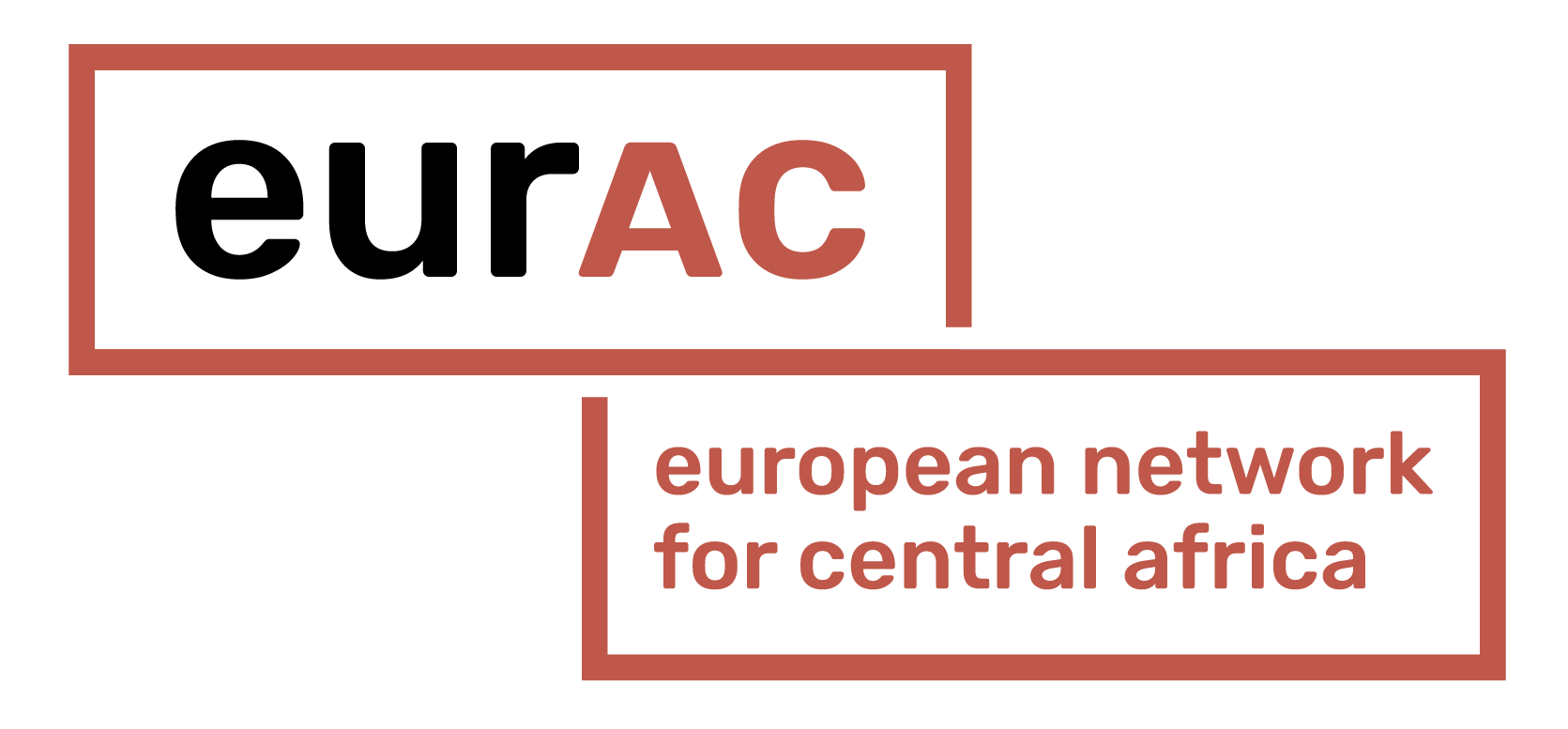DR Congo: Not words, only EU action and targeted sanctions can prevent further escalation of violence
In order to prevent a dangerous increase of violence in the Democratic Republic of Congo (DRC) after two days of political turmoil in Kinshasa, the European Union (EU) must take stronger and more concrete action by applying targeted sanctions - including visa bans and assets freezes - against senior Congolese officials and security force officers most responsible for the violent repression and human rights violations in this pre-electoral context.
“We welcome the important step taken by the European Union and few EU member states to recall publicly the 'individual responsibility' of all actors including Congolese justice & security officials. But considering the very worrying risk of escalation of violence in this pre-electoral context, we consider this step remains insufficient and we urge the EU to turn its words into action and apply targeted sanctions, in order not to lose its credibility”, said Donatella Rostagno, Director of the European network for Central Africa (EurAc), currently on mission in Goma, in Eastern DRC.
Recent clashes on Monday and Tuesday between government forces and civilian protesters in the streets of Kinshasa left an estimated 50 people dead and many more wounded or disappeared. According to UN High Commissioner for Human Rights, around 300 people are believed to have been arrested during and on the margins of the protests. The headquarters of five opposition political parties were attacked on Monday night and set on fire, killing at least two more people. The United Nations Joint Human Rights Office in DRC received “reports of excessive use of force by some elements of the security forces as well as reports that some demonstrators resorted to violence.” All parties must refrain from violence and abuses which amount to human rights violations must be subject to a credible and impartial investigation.
EurAc has seen few EU member states including France, Belgium and the United Kingdom, reacting publicly denouncing the violence and showing their deep concern, especially recalling the European Council Conclusion of May and the "individual responsibility" of all actors. The EU reacted publicly as well, in the same terms, including calling for individual responsibility of Senior Congolese officials in charge of justice & security institutions.
Following up with recent announcement of French Minister of Foreign Affairs Jean-Marc Ayrault “that European nations will discuss the possibility of imposing sanctions” and recalling the EU Council conclusions which state that all actors in the DRC will “have to face the consequences should they fail to” comply with their human rights & rule of law obligations, EurAc would like to offer recommendations on concrete steps that the European Union and its member states can take now to help prevent an escalation of violence and abuse in Congo. EurAc therefore urges the EU to:
- Publicly announce that it is ready to implement targeted sanctions – including visa bans and assets freezes – against senior Congolese officials and security force officers most responsible for the violent repression and abuse.
- Clearly communicate that it has a zero tolerance policy for excessive use of force and incitement to violence by security force troops and officers who are receiving training or other support from the EU or member states, and be prepared to cut such support if these troops or officers are found to be responsible for excessive use of force or incitement to violence in the context of the electoral process.
- Communicate clearly and forcefully to the Congolese government its grave concern that the articles of the Congolese Constitution on presidential mandates, elections and the transfer of power be fully adhered to in a timely manner, and that failure to do so will have significant consequences for EU-Congo relations.
- Withhold support or endorsement, as an influential member of the “ International support group” to the African Union facilitator of the National Dialogue, to any dialogue that is not inclusive of all major political parties in Congo and that does not respect UN Security Council Resolution 2277 and the Congolese constitution, or any outcome that does not have broad acceptance from the Congolese public.
- Encourage the UN peacekeeping mission in Congo (MONUSCO) to comply with its obligations enshrined in the UN Security Council Resolution 2277, especially Article 29 (b), to ensure and contribute as a priority to the “stabilization […] through support to the creation of an environment conducive to peaceful, credible and timely elections reducing the risk of instability, including open political space, and promotion and protection of human rights” and Article 36 I (a) to “ensure, within its area of operations, effective protection of civilians under threat of physical violence, including by deterring, preventing and stopping armed groups from inflicting violence on the populations, paying particular attention to (…) human rights defenders, with a focus on violence emerging (…) in the context of elections”.
- Work with international partners to ensure there is a clear and complete plan in place for providing funding for Congolese elections, and communicate this widely, once there is a credible timetable and demonstrated political will to move forward with elections, so that lack of resources is not an obstacle to constitutionally mandated elections.
For more background information on the political crisis in the DRC and the role of the EU, please read our latest publication “Elections in danger and Political crisis in the DRC. Is the EU up to the democratic and security challenges” published in June 2016.
For updates and more background information from the ground, please contact:
In Goma, DRC: Donatella Rostagno – EurAc Director – donatella.rostagno@eurac-network.org - Mobile: +32 490 43 73 71 (Belgium) // Mobile: +243 819 518 569 (DRC)
In Brussels, Belgium: Julie Capoulade – EurAc Comms & Advocacy Officer - julie.capoulade@eurac-network.org - Office : +32 2 725 47 70 // Mobile : +32 499 81 01 77

